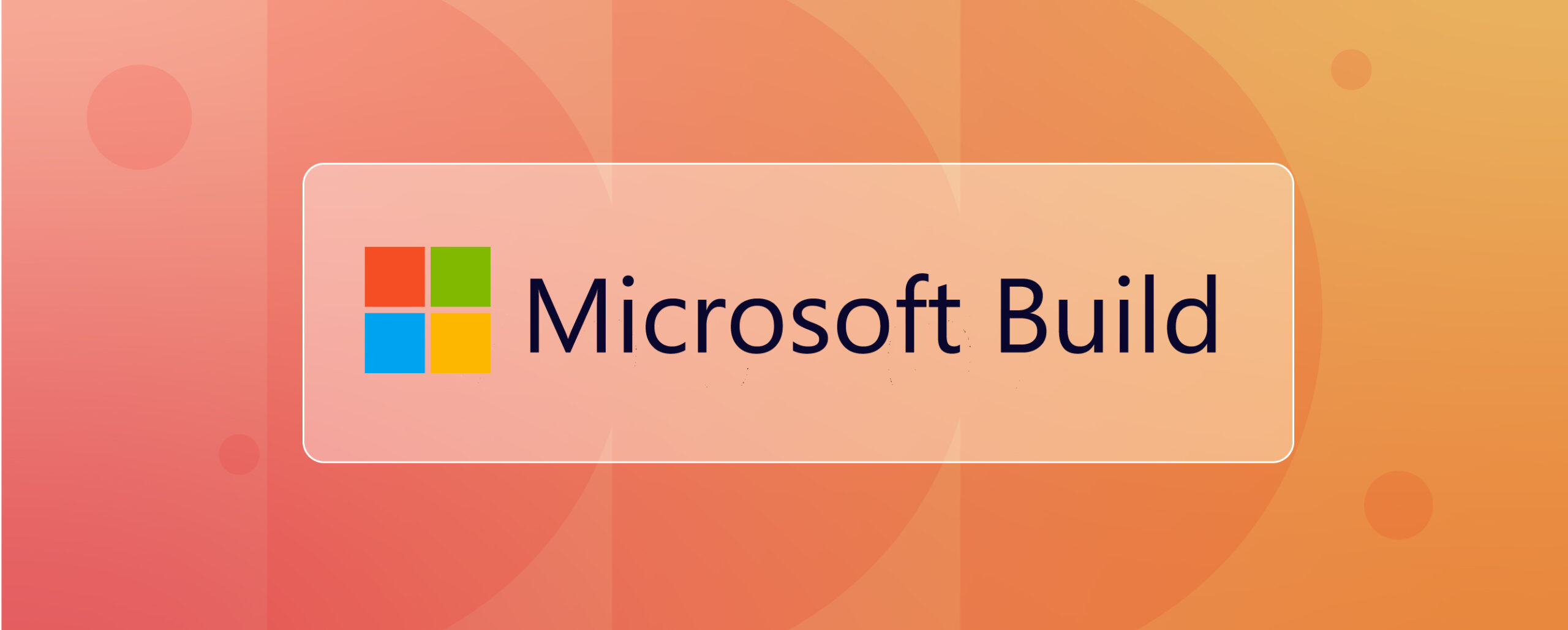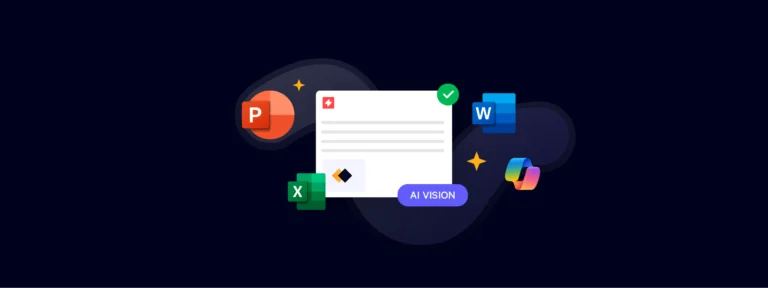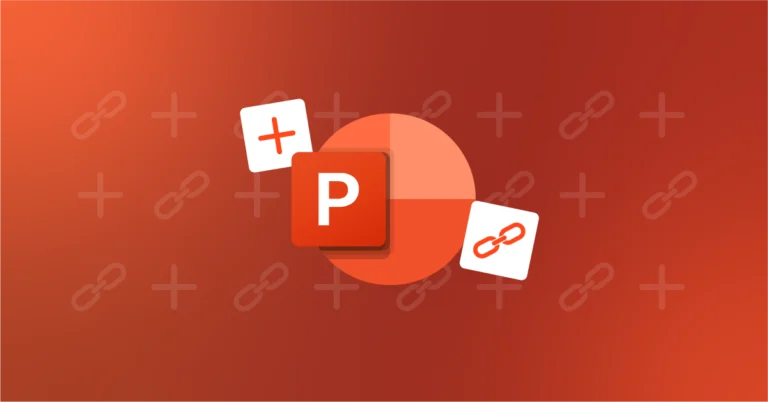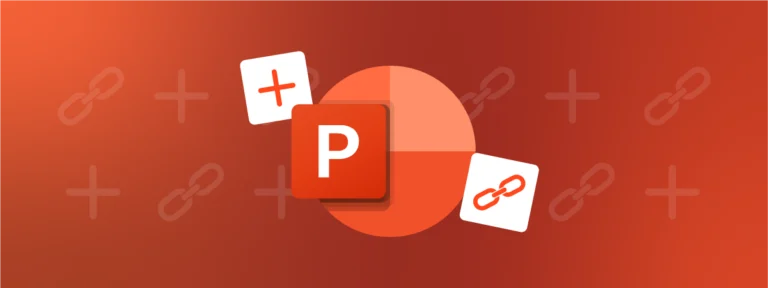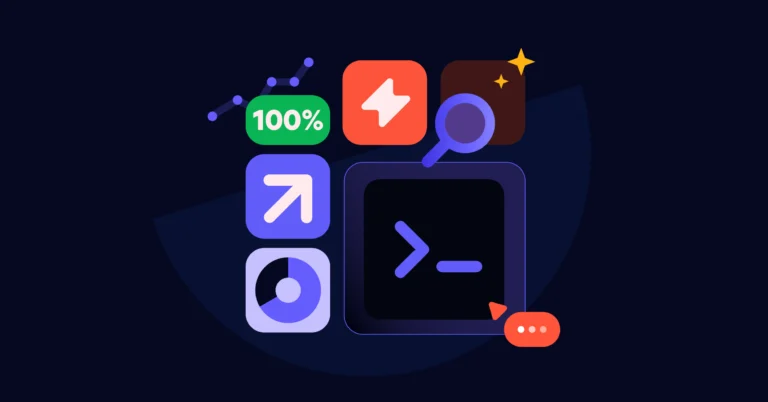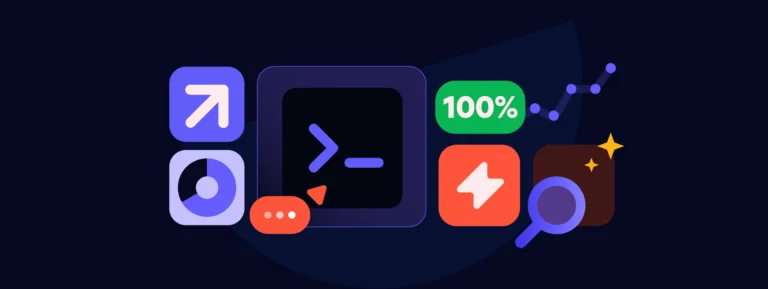This year’s Microsoft Build was arguably one of the most awaited to date. Just a short few months after the announcement of the Copilot System, the developer-focused event showcased the latest tools and services that will reshape the future of the Microsoft ecosystem.
AI was the clear (and expected) protagonist of this year’s edition, but we also saw some exciting announcements in the data space.
We rounded up some of the news that we believe will significantly impact professionals in the finance sector. Read on to discover all the latest news from Microsoft.
TL;DR
Microsoft Build 2023, Microsoft’s annual event designed for developers, was full of exciting announcements.
This year’s event was almost entirely about AI, focusing on Copilot, Microsoft’s take on an AI assistant.
The other most notable news was the unveiling of Microsoft Fabric, an offering that unifies many data services, from storage to Power BI.
Microsoft Build: All In on AI
Copilot: Everything, Everywhere All at Once
The least we can say is that Microsoft moved fast to position itself as a leader in the AI space, especially when taking into account its company size. It’s hard to remember the last time a topic was more prominent than cloud development – and that says a lot about the hype around this new technology!
We saw a myriad of announcements regarding Copilot and AI. Our main takeaways include:
- Copilot is coming, and it’s coming everywhere: Windows, 365, Power BI, PowerApps, Visual Studio – you name it, and it’ll probably happen.
- Microsoft claims they will provide a unified experience for users.
- Copilot will support third-party plugins, and alongside Bing, it will also support the same standard used by OpenAI.
- Bing will be the default search engine for ChatGPT and Copilot. This will allow ChatGPT to extend its reach to recent pages, making its answers finally up to date.
Microsoft is clearly eager to keep its lead. They’re launching Copilot(s) everywhere, supporting add-ins, and trying to provide a unified experience.
They want to convey a strong message to the tech sector: “We are building the AI platform – no need to build yours; you’ll be able to leverage ours”. There’s no denying it – the Copilot stack is impressive, especially given the small amount of time they had to bring it to market.
The only disappointing note? We still don’t have a general availability date for Windows or Microsoft 365 Copilot.
A New (Azure) AI Era
Copilot is only the tip of the iceberg – the visible part, the UI. Below the surface, Microsoft is also trying to establish itself as the leader for companies that need to develop their own AI models or cloud services.
Microsoft Build made it abundantly clear that Microsoft not only wants Copilot to be the AI app, but it also wants Azure OpenAI Service to be the go-to AI stack.
Here’s an excerpt of Microsoft’s AI Learning Companion:
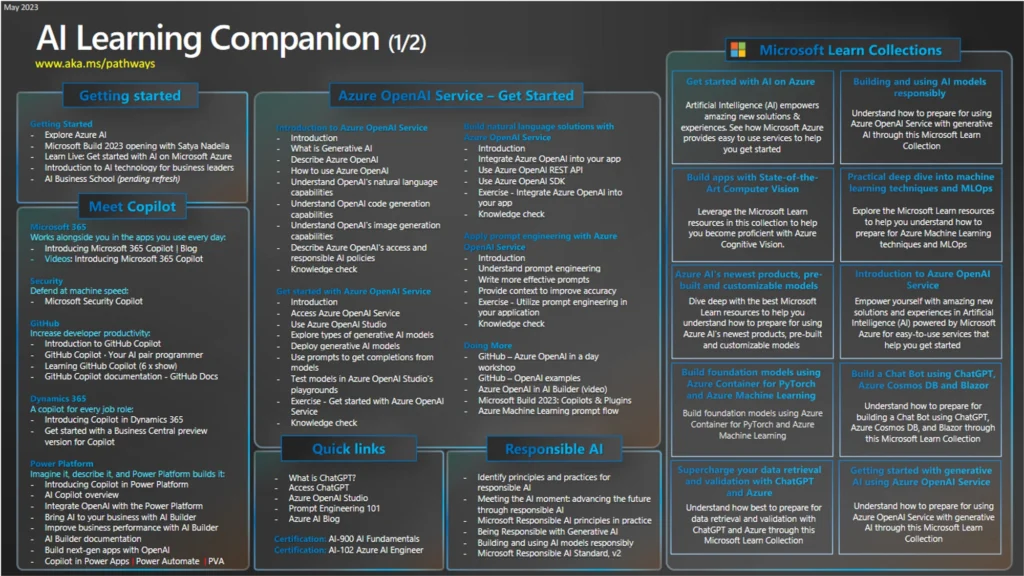
Amongst the announcements on this topic, we were most excited about the new Azure AI Studio and Azure Machine Learning prompt flow – both making it easier for developers to build next-generation, AI-powered applications.
Many announced updates and services are still in preview, some only internally. For instance, plugins for Azure OpenAI Service have been demoed but are not even in public preview yet.
However, if there’s one thing we’d bet on, it’s that when Copilot for 365 or Windows is released, it will rely on plugins.
It seems Microsoft is playing an artful game of releasing their stack fast enough to keep developers invested, but not fast enough to lose their apps’ competitive advantage.
What We think: It’s All About the UI
This generation of AI will be a UI revolution, and as such, it will change how we work forever. It will make us more productive by making existing capabilities more easily accessible, thus further empowering users.
Think of it as a similar scenario to the introduction of the mouse or graphical interfaces in computing – making it more accessible and paving the way for new usages.
What it won’t be (in the short term at least!) is a collection of autonomous unsupervised agents, hidden from the user and capable of taking initiatives in order to reach a distant goal. Essentially, we’re not quite in Blade Runner territory yet.
Data Enthusiasts: Welcome Microsoft Fabric
Perhaps the most exciting announcement outside of the AI sphere was Fabric, Microsoft’s new data and business insights offering.
Microsoft Fabric is not a new product, but rather a suite of mostly existing individual data engineering and analytic tools and services – now all available under one, unified platform.
This will include Power BI, Data Factory, Synapse Data Warehouse, Synapse Data Engineering, Synapse Data Science, Synapse Real-Time Analytics, and the soon-to-come Data Activator.
While this may sound just like a rebranding of Microsoft’s existing data platforms (time will tell!), we’re excited to see at least two new features that we’ve been eyeing for a while:
- A lake and a way to leverage it with dataflows and pipelines
- Support for Git and deployment pipelines
Note also that Microsoft Fabric is currently in preview and will not be free. However, the cheapest plans should start at $300/month (vs $5k/month previously for Power BI Premium capacity.)
Finally, on the topic, and to never stray too far from the Copilot hype, Microsoft got Microsoft Build’s audience truly excited with a compelling promotional video on using Fabric with Copilot to gather insights.
We do wonder how much of that will truly be available to users, and how much is the result of a carefully crafted demo and dataset. As with many of these announcements, we’ll see in the following months.
Key Announcements for Developers and IT
There were also several announcements for developers and IT professionals, although, disappointingly, nothing was all that extraordinary – not compared to what we’ve previously mentioned, at least.
Some of our favorites include:
- GitHub advanced security is coming to Azure DevOps: This includes the same secret scanning, dependency scanning, and CodeQL code scanning capabilities available within GitHub Enterprise.
- Dev Home: A new control center for Windows. This could be interesting for infrastructure teams to save them time when they need to recreate a virtual machine.
- Dev Drive: A new form of storage volume available to improve performance for developer workloads. This could help save precious build, testing, and debugging time on dev machines – Microsoft measured a 22% speed gain on their benchmarks!
- GitHub Copilot X: The already cool GitHub Copilot is getting a “v2”, currently in preview. Mark Russinovich, Azure CTO, and Scott Hanselman, Partner Programme Manager for Microsoft’s Developer Division, did a very interesting and entertaining demo of it, far from some of the over-polished marketing demos seen previously.
- Copilot for Docs: Using Copilot to extract useful information from docs, faster.
- Endpoint Explorer in VS / VS code: A feature to enable developers to list the API endpoints defined in their solution, automatically generate commands to interact with them, and share these commands via GIT.
- Force Quit from the Taskbar
- Native support for popular archive formats
At UpSlide, we’ll test some of these tools and features, and monitor others in the following months.
Radio Silence
It was a jam-packed event, yet there were some somewhat expected but evident absences from Microsoft’s rooster of announcements.
- Loop Workspaces: The Loop app was announced in March in Preview, never to be mentioned again during Microsoft Build. Strange, but maybe not so strange as CopiIot is now taking centre stage.
- Microsoft 365: Yes, one could argue that Copilot is 365 news, but apart from that, there were no updates for Excel, PowerPoint, or Word.
- VR, AR and Hololens: Is Microsoft stepping out of the VR and AR space to go all in on AI? It might be an interesting move, especially as a few days after Build, Apple announced its $3500 Vision Pro headset, while Meta is reportedly burning one billion a month on their metaverse.
Where Does UpSlide Sit in This New Landscape?
At UpSlide, we believe AI will be an opportunity for the finance sector, and Copilot is well-positioned to overcome some of the concerns we’ve witnessed in recent months.
Even if Microsoft manages to eventually offer a solution that will satisfy the masses, we still firmly believe the needs and requirements of financial professionals can only be fulfilled by tailored-made solutions such as UpSlide.
As of today, Copilot – and AI – won’t be able to replicate our Excel to PowerPoint, or Power BI to PowerPoint Link. It may make creating homogenous presentations or other features easier, but not with the level of reliability, industry experience and support we can provide.
We will always continue monitoring our user workflows and pain points to identify new benefits and opportunities for our clients – and we can’t rule out AI will be part of our stack in the future.
Ultimately, we remain eager to explore this technology to answer the specific challenges and use cases of the finance sector.

